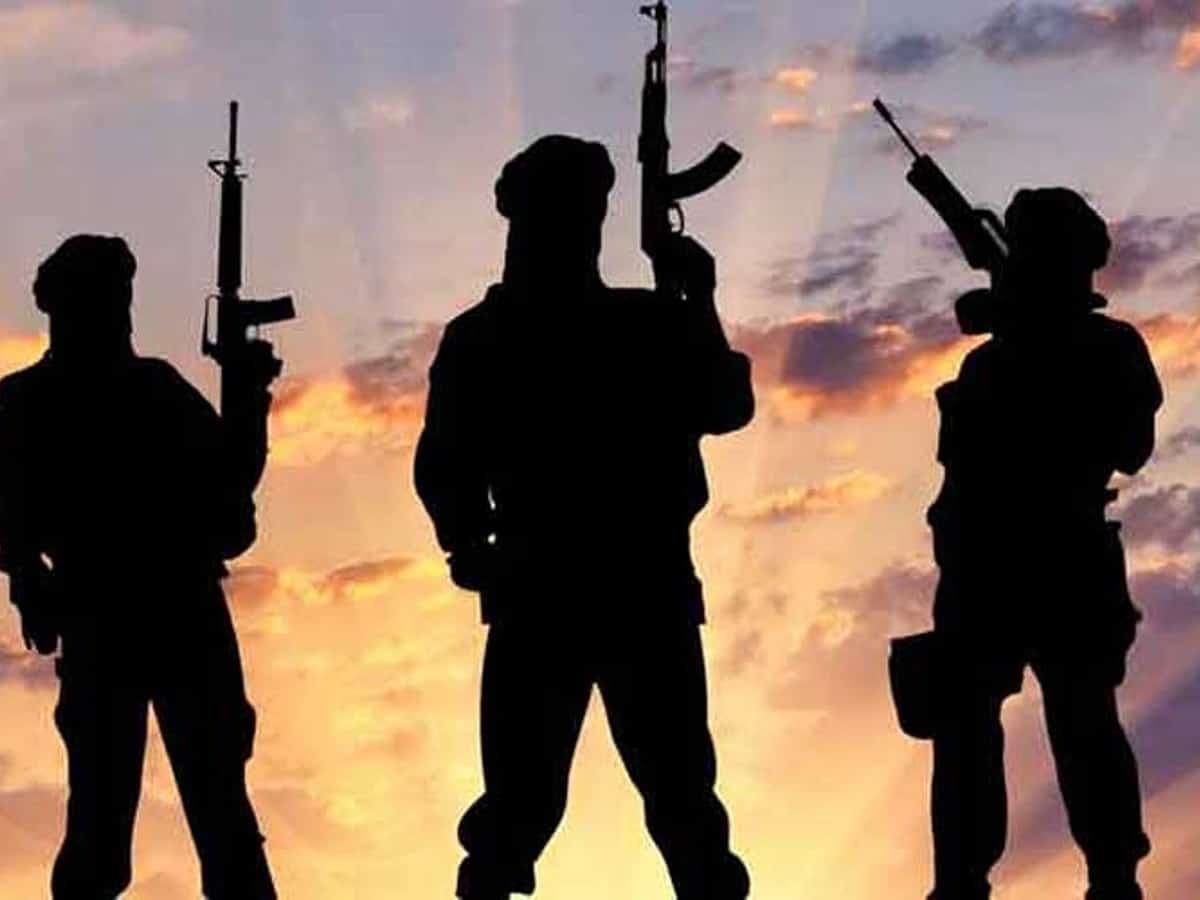
The Thursday-July 13-evening’s attack on three-non-local labourers in South Kashmir’s Shopian district yet again will be dismissed as an act of frustration of Pakistan-backed terrorists, which, it appears may be a correct assessment of the ugly incident, but this also obscures larger picture.
The “frustration“ part is understandable, as terrorists have not been able to do anything as Kashmir witnessed an “unprecedented era of peace,” with the Government hosting the G20 event in Srinagar in May, and immediately thereafter preparations for the annual Hindu pilgrimage of Amarnath Yatra got underway. The pilgrimage that commenced on July 1 has recorded that 1.66 lakh pilgrims paid obeisance at the cave shrine devoted to Lord Shiva in the Himalayas. There always is an instinct and plan among terror networks to show their presence to disrupt peace, as their inability to strike means the death of their agenda. The peace is anti-thesis to their plots and plans. They don’t want their agenda to sink. This prompts them to come up with such violent incidents to show that they are there.
They know the impact their acts would have. First, the targets were non-locals – in Kashmir, the term non-locals have assumed a different definition after the abrogation of Article 370 in August 2019. Earlier, they were seen as workers from outside, an intrinsic part of the construction of homes and commercial buildings, brick kilns, helping hands in harvesting times – all for the natives. Now while they retain that definition, it has been diluted as the new laws extended to J&K also entitle them to settle in J&K . Their presence creates a split picture image – partly workers for the local ventures, partly outsiders who can disturb the demography of Kashmir. The poor labourers may have no such intentions, but a perception has been created that they are “outsiders.” And, it is a fact that there is little empathy for the “outsiders” in Kashmir, though the vast majority in the Valley doesn’t see eye to eye with who kill innocent labourers from outside of J&K.
Pakistan backed terrorism theory has lot of substance. Going by almost all acts of violence in past in Kashmir, Pakistan’s hand is too visible. This has been the consistent effort of Pakistan to show Kashmir as a troubled place. It promotes violence, cult of gun and generates narratives, in which the thrust is on radicalizing the youth, and society at large. Despite, itself being in a highly fragile condition, politically and economically, Pakistan continues to attract few sections who still consider it to be a defender of the Muslims’ rights in Kashmir. It would be a mistake to ignore Pakistani narratives about marginalization of Muslims in India, in particular, in Kashmir. Pakistan has been working overtime in pushing this narrative at the international level. It works two ways. Muslims in the country have also voiced their concerns. In Kashmir, however, this marginalization is fueled by the demographic change thesis. Somewhere, down the line, it finds convergence with the political narrative within that Delhi is seeking to settle outsiders in Kashmir. It is being used as a political weapon against the measures taken after the abrogation of Article 370.
These theorists point out the abolition of Article 370 and Article 35 A which have done away with the exclusive rights of the natives ( better known as state subject holders – or conferred with the permanent resident certificate – a document of pre-August 5, 2019, times ) to own immovable property and get government jobs. This is a cause of concern in Kashmir, which is almost exclusively Muslim.
This part needs to be addressed with a real time connect between the Centre and locals in Kashmir. Some efforts have been made, but these are more administrative in terms. In fact, such administrative measures only widen the gaps.
There is the absence of political dialogue, and the official interaction, too is negligible. People to people dialogue can reduce the gaps and that may ultimately result in overwhelming condemnation of such brutal acts of terror and help remove mutual misgivings.



